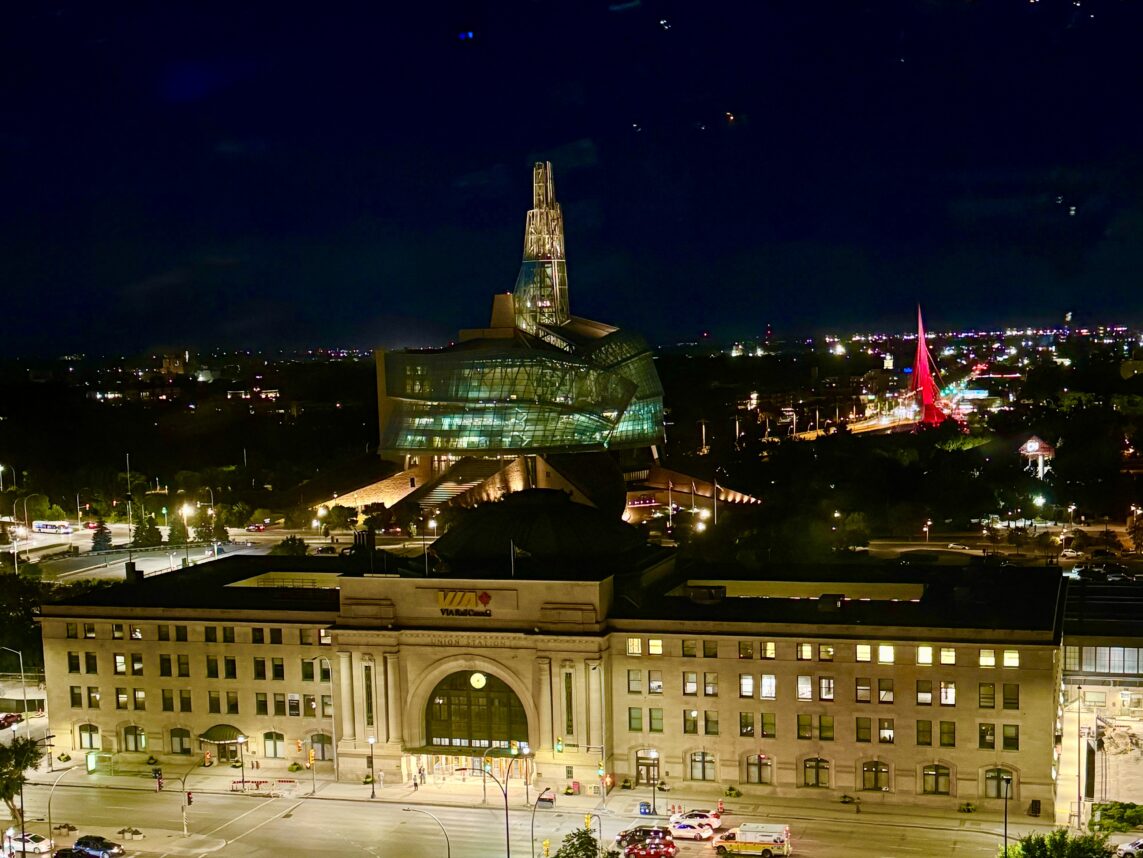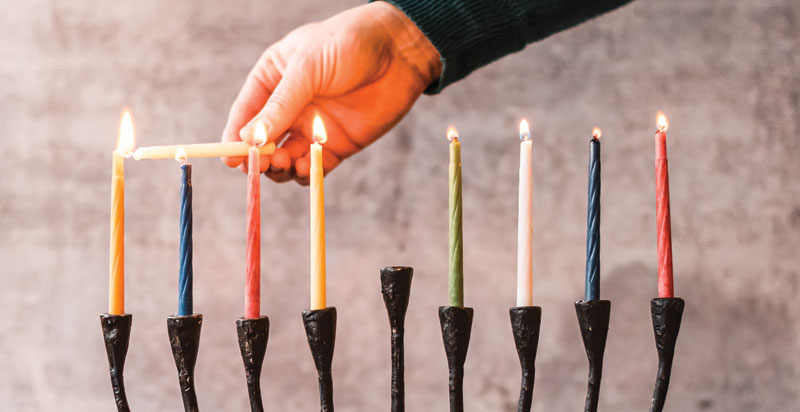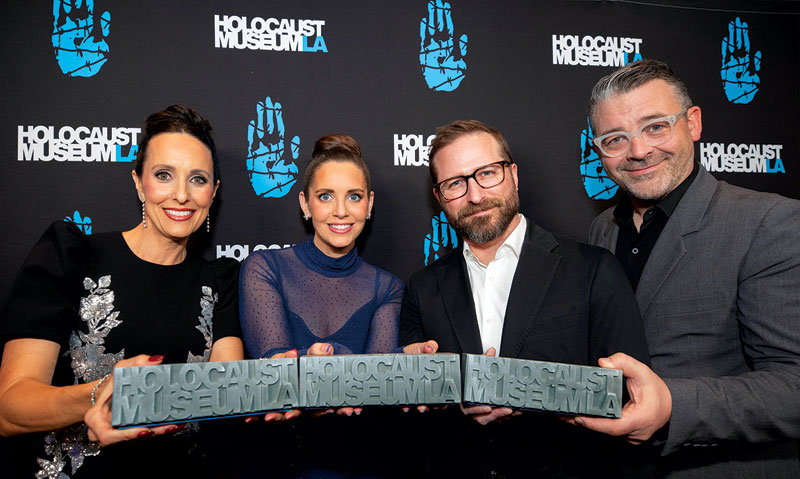“We are dwindling,” says the 1939 Club’s Fred Diament.
“We are afraid of what will happen when we are no longer around tokeep the memory alive,” says the Lodzer Organization of California’sKal Berson.
The aging Holocaust survivors are speaking not only of fellowsurvivors but also of their respective clubs, which were formed inthe 1950s by émigrés who had lost everything to Hitler.The 1939 Club was named after the year Germany invaded the founders’native Poland, forever changing their lives. The Lodzer Organizationwas founded by Polish Jews who had lived in the environs of Lodz.
For the émigrés, the clubs provided surrogatefamilies, helping them navigate a new culture in the foreign milieuof Los Angeles. In the beginning, there were informal socialgatherings in kitchens and living rooms. As the survivors prospered,the clubs grew stronger and more visible in the community; they beganto donate what would become millions of dollars to such Jewishcharities as hospitals and orphanages. The 1939 Club eventuallyendowed the Holocaust studies chair at UCLA.
But, today, the aging members, in their 70s and 80s, are urgentlyseeking new ways to continue their work and their collective memory.For the first time ever, the 1939 Club has elected a president,attorney William Elperin, who is the child of survivors. And also,for the first time ever, the clubs have joined together to sponsor anevent — a Sept. 20 concert at UCLA’s Schoenberg Hall — to benefitan endeavor of mutual concern, the March of the Living.

Because of dwindling numbers of Holocaust survivors such asFred Diament (above) of the 1939 Club, the group will co-sponsor aconcert featuring actor-pianist Hershey Felder (below),to benefit theMarch of the Living (bottom).
Coordinated locally by the Bureau of Jewish Education of GreaterLos Angeles, the March of the Living is a biennial, two-week sojournfrom Poland to Israel that’s attended by thousands of high schoolstudents from around the world. They retrace the steps of the Jewishpeople from the Old Country to the concentration camps to Israel.
Diament, 73, who spent his teen years in several concentrationcamps, has made the March of the Living journey twice; on one trip,he stood outside the infamous Bunker 11 at Auschwitz and explained tothe students that his brother had been tortured there for his role inan attempted mass breakout. The rebel was then hanged with two of hiscomrades, as an anguished Diament looked on.
“I was your age — can you imagine that?” the survivor asked thewide-eyed students, who immediately gathered around to hug him.”Don’t worry, Freddy,'” they responded. “‘When you survivorsdisappear, we will be your witnesses.'”
The Sept. 20 benefit concert will feature the one-man show,”Miracles,” by Hershey Felder, a 29-year-old actor and pianist who,in his own way, has also vowed to bear witness. Felder is the son andgrandson of survivors, and all his life, he says, he has felt “adesperate creative energy to counter the destruction of theHolocaust.”
Felder describes it all in “Miracles”: how he began performing onthe concert stage at the age of 11 and how, by the age of 13, he hadentered Montreal’s McGill University Faculty of Music and was actingon the stage of Montreal’s Yiddish theater. By 1988, he was studyingpiano with Juilliard’s Jerome Lowenthal (in New York, he also starredas Stempenyu for the Folksbiene theater) and was touring the world asan actor and pianist who wanted to become a star.
But encountering anti-Semitism while performing in Vienna, amongother experiences, radically changed Felder’s perspective. “Irealized it was insignificant for me to do yet another rendition of aBach or a Chopin,” he says. “I wondered, ‘What is my role in life?’And I realized it was to touch people and to honor the survivors whohad touched me.”
Felder, who speaks fluent Yiddish, French and Hebrew, beganconducting interviews for Steven Spielberg’s Survivors of the ShoahVisual History Foundation. For the foundation, he also traveled toAuschwitz for the 50th anniversary of the camp’s liberation and,there, interviewed twins who had endured medical experiments by theinfamous Dr. Mengele. From one interviewee, he learned that Terezininmates had been forced to play “A Rhapsody in Blue,” a piece Felderhas performed more than 300 times.

“Recently, I was playing the piano for members of the 1939 Club,”says Felder, who is now writing a Holocaust allegory, a musicalentitled “Noah’s Arc,” with former Canadian Prime Minister KimCampbell. “They gathered around me and patted my cheek and told me,’This is what we lost.’ So how can I do anything but continue to telltheir story?”
For ticket information, call Irene Gutowicz at (818) 760-0729,or Elly Kamm at (213) 654-9039.






















 More news and opinions than at a Shabbat dinner, right in your inbox.
More news and opinions than at a Shabbat dinner, right in your inbox.